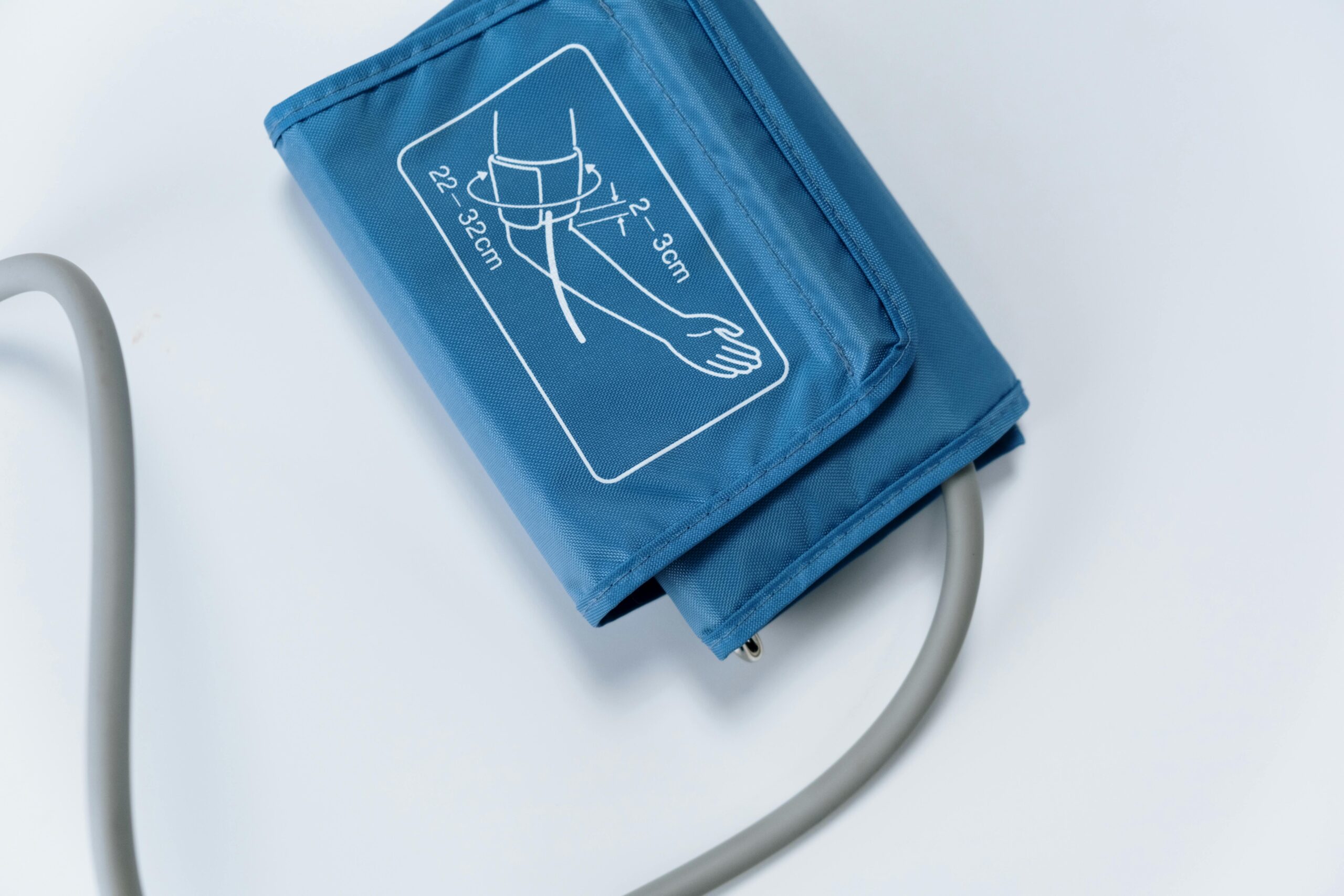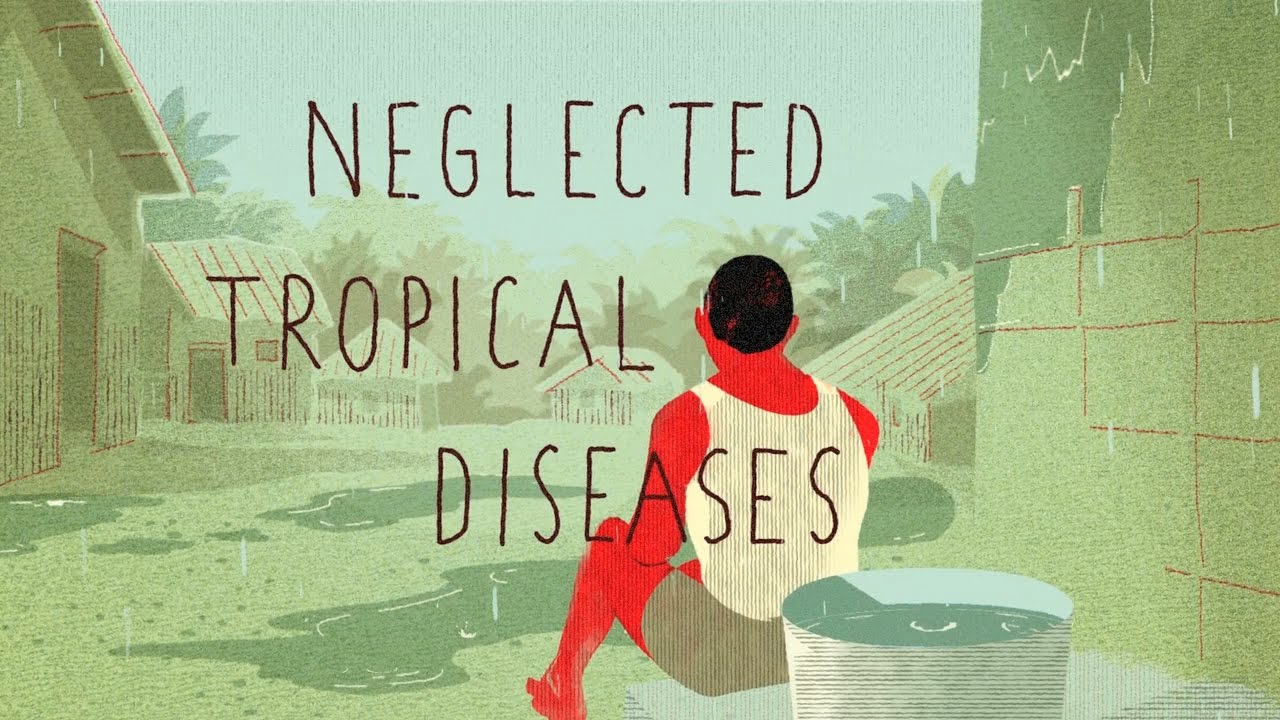Hypertension, also known as high blood pressure, is a condition where the force of the blood against the artery walls is consistently too high. It can lead to serious health problems, such as heart disease, stroke, and kidney failure.
An estimated 1.28 billion adults aged 30–79 years worldwide have hypertension. This includes (two-thirds) living in low- and middle-income countries. Sadly, about 46% of adults with hypertension are unaware that they have the condition. According to the World Health Organization, less than half of adults (42%) with hypertension are diagnosed and treated.
In This Article
ToggleHypertension (high blood pressure) is when the pressure in your blood vessels is too high (140/90 mmHg or higher). It is common but can be serious if not treated. Hypertension puts you at risk for stroke, heart attack and other problems.
People with high blood pressure may not feel symptoms. The only way to know is to get your blood pressure checked.
Types of Hypertension
- Primary (Essential) Hypertension: This is the most common type and develops over many years with no identifiable cause.
- Secondary Hypertension: This type is caused by an underlying condition and tends to appear suddenly. It can be due to kidney disease, adrenal gland tumors, congenital defects, certain medications, or illegal drugs.
Risk Factors
- Age: Risk increases with age.
- Family History: Hypertension tends to run in families.
- Overweight or Obesity: More body weight means more blood is needed to supply oxygen and nutrients to tissues.
- Lack of Physical Activity: Inactivity can increase the risk.
- Tobacco Use: Smoking or chewing tobacco immediately raises blood pressure temporarily.
- High Salt (Sodium) Intake: Too much salt in the diet can lead to fluid retention and increased blood pressure.
- Low Potassium Intake: Potassium helps balance the amount of sodium in cells.
- Alcohol: Drinking too much alcohol can damage the heart.
- Stress: High levels of stress can lead to a temporary increase in blood pressure.
- Certain Chronic Conditions: Conditions like kidney disease, diabetes, and sleep apnea can increase the risk.
Symptoms of Hypertension
Hypertension is often called the “silent killer” because it may not show symptoms until significant damage has occurred. Most people with high blood pressure have no symptoms, even if blood pressure readings reach dangerously high levels. You can have high blood pressure for years without any symptoms.
When symptoms do occur, they can include:
- Headaches
- Shortness of breath
- Nosebleeds
- Flushing
- Dizziness
- Chest pain
- Visual changes
- Blood in the urine
However, these symptoms aren’t specific. They usually don’t occur until high blood pressure has reached a severe or life-threatening stage.
Causes hypertension
Primary hypertension doesn’t have a single, clear cause. Usually, many factors come together to cause it. Common causes include:
- Unhealthy eating patterns (including a diet high in sodium).
- Lack of physical activity.
- High consumption of beverages containing alcohol.
Secondary hypertension has at least one distinct cause that healthcare providers can identify. Common causes of secondary hypertension include:
- Certain medications, including immunosuppressants, NSAIDs and oral contraceptives (the pill).
- Kidney disease.
- Obstructive sleep apnea.
- Primary aldosteronism (Conn’s syndrome).
- Recreational drug use (including amphetamines and cocaine).
- Renal vascular diseases, which are conditions that affect blood flow in your kidneys’ arteries and veins. Renal artery stenosis is a common example.
- Tobacco use (including smoking, vaping and using smokeless tobacco).
Diagnosis
Hypertension is diagnosed through blood pressure readings. Normal blood pressure is generally considered to be less than 120/80 mmHg. Hypertension is typically defined as having a blood pressure of 130/80 mmHg or higher.
Is high blood pressure genetic?
Researchers believe genes play a role in high blood pressure. If one or more of your close biological family members have high blood pressure, you have an increased risk of developing it, too.
Treatment
- Lifestyle Changes:
- Diet: Eat a heart-healthy diet, such as the DASH diet, which emphasizes fruits, vegetables, whole grains, and low-fat dairy products.
- Exercise: Engage in regular physical activity.
- Weight Loss: Maintain a healthy weight.
- Limit Alcohol: Drink alcohol in moderation.
- Quit Smoking: Avoid tobacco use.
- Reduce Sodium: Limit salt intake.
- Manage Stress: Practice relaxation techniques and manage stress.
- Medications: Various medications can help control high blood pressure, including:
- Diuretics
- ACE inhibitors
- Angiotensin II receptor blockers (ARBs)
- Calcium channel blockers
- Beta blockers
- Alpha blockers
- Central agonists
- Vasodilators
Monitoring
Regular monitoring of blood pressure is crucial for managing hypertension. Home blood pressure monitors can help track readings between doctor visits.
What are the complications of this condition?
Untreated hypertension may lead to serious health problems including:
- Coronary artery disease (CAD).
- Stroke.
- Heart attack.
- Peripheral artery disease.
- Kidney disease and kidney failure.
- Complications during pregnancy.
- Eye damage.
- Vascular dementia.







